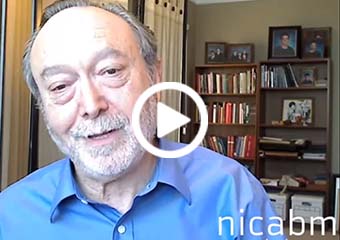You don’t need to be a neuroscientist to make brain change possible. When we set out to put together the New Brain Science series, that was our “big idea.” We wanted to prove that anyone can unlock the brain’s potential to change. And it’s because of my friends Joan Borysenko, PhD and Ron Siegel, PsyD […]
A healthy brain with green tea? The brain science of natural medicine
It’s always a treat to relax with a cup of green tea. And we’ve known about its health benefits for a while. But here’s a new one: there’s a chemical found within green tea that might prevent Alzheimer’s disease. A team of researchers led by Jo Rushworth, PhD, looked at the effects of chemicals found […]
Rewiring the brain after stroke
How far does neuroplasticity go? We’ve talked before about improving the brain’s abilities over time. On this blog, we’ve looked at how neuroplasticity allows for boosts in memory, thinking skills, and emotional regulation. But what about recovery after a major trauma – like stroke? Researchers at Johns Hopkins University, led by Steven Zeiler, MD, PhD, […]
How the Brain Works with the Vagus: Empathy and More
When someone’s frowning, or beaming, or gaping in surprise, they’re wearing their heart on their face. That’s because the muscles that control facial expression are linked to the smart vagus, says Stephen Porges, PhD. Thanks to the vagus nerve, the emotions we feel are displayed on our faces and in the sound of our voices. […]
The brain science of fear: Scaring the "fearless"?
Ever known someone who was totally fearless? Justin Feinstein, a clinical neuropsychologist at the University of Iowa, studied a woman who never felt fear. This woman had Urbach-Wiethe disease, a condition that causes the amygdala to calcify – it hardens and shrivels up. Now, we know that the amygdala is responsible for processing stimuli related […]




